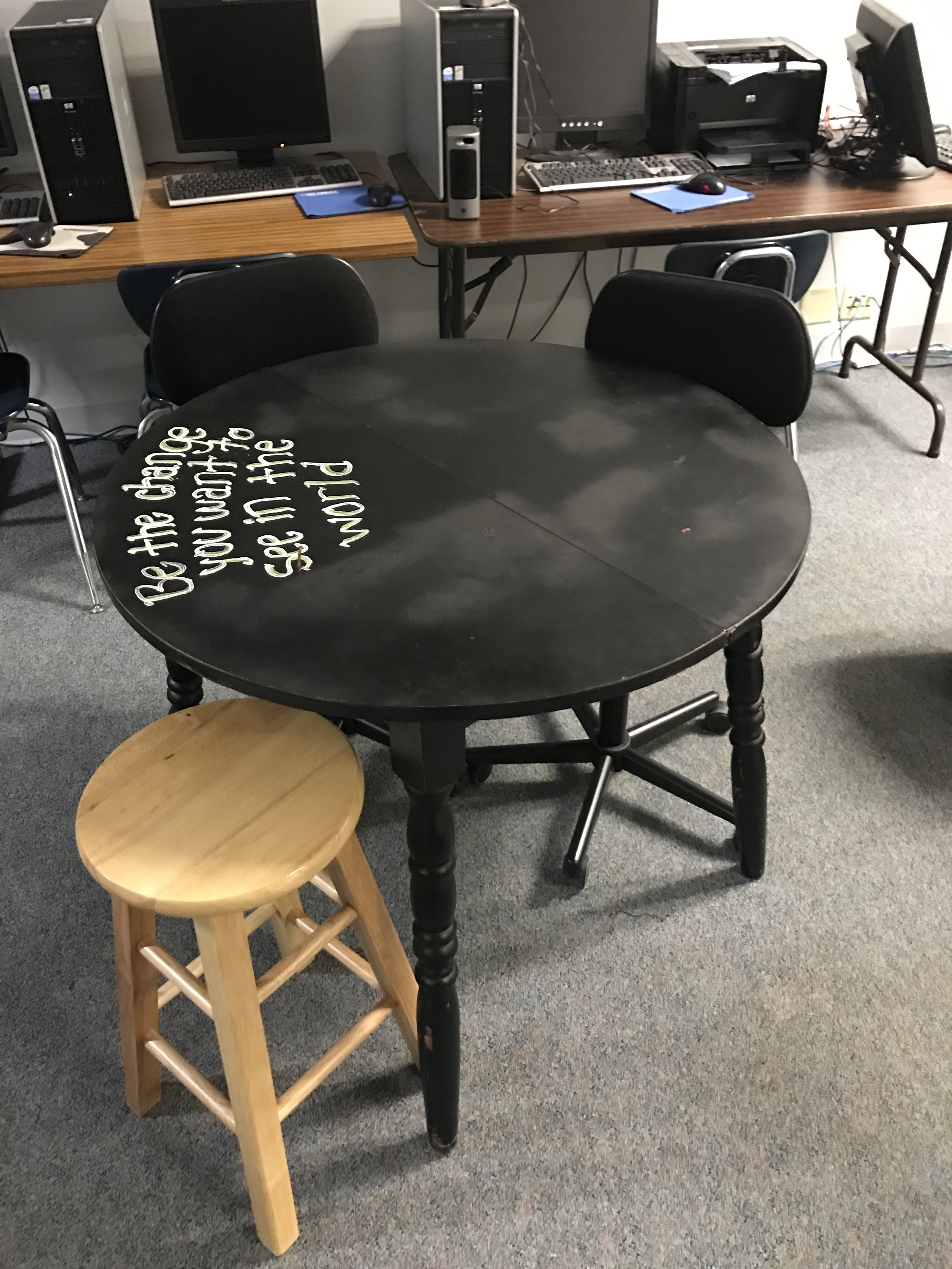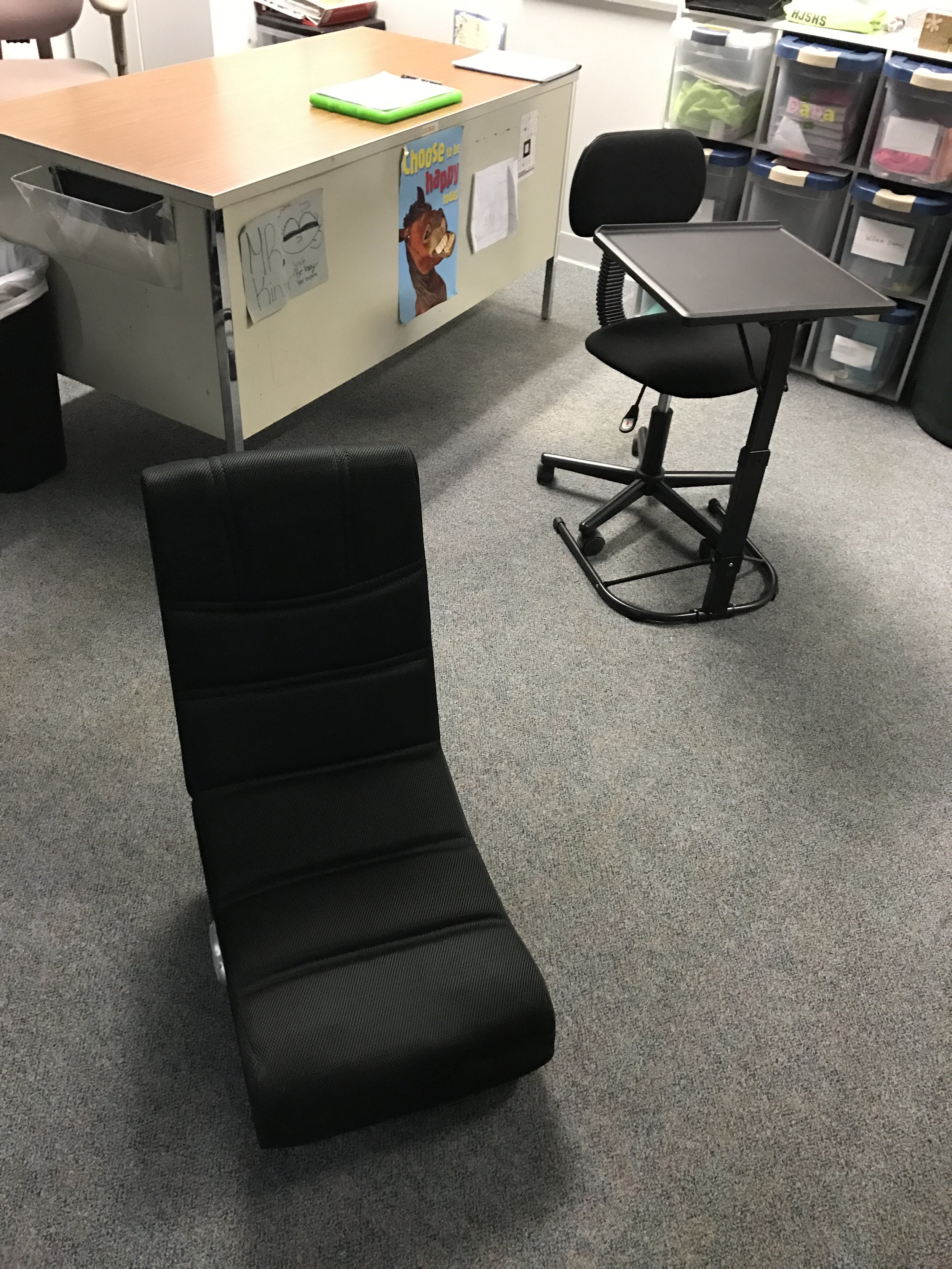What does God expect of me? And what am I going to do about it?
These are the questions my small group friends found ourselves asking after reading the book The Hole in Our Gospel by Richard Stearns. The call we as Christians have to help show the world God’s character – His love, justice and mercy through our words, actions and behavior was not a new concept for me. But reading this book was more than an intellectual exercise – it was a call to action and a growing sense of conviction that we needed to do something to energize ourselves and our community to make a difference for those living in desperate poverty on the other side of the world.
What happened as a result of reading that book could be described as “spiritual dominoes.” The initial domino of a few small group friends seeking to be faithful started a chain reaction that multiplied into other small groups reading and seeking ways to respond, an all-church Hole in Our Gospel sermon series and study opportunity, an ongoing partnership through World Vision with the region of Buliisa, Uganda, and the opportunity for folks at Calvary to care for “the least of these” through child sponsorship and donating $ for clean water development. As a result of the efforts that started in 2010 - Calvary has partnered with World Vision to sponsor 277+ children in Buliisa and has raised over $63,000 for clean water projects through Uganda WASH. Our commitment to this region is ongoing, and each year we have new opportunities to provide continuing support.
I’ve seen in my life that taking advantage of the opportunities God provides brings meaning and fulfillment beyond measure. In 2013 I had the opportunity to travel to Uganda with a small group of Calvary friends to see for ourselves the work being done by our support of World Vision. In addition to experiencing what it’s like to walk long distances for water (often dirty water) each day, we saw the transformative change created by the development of clean water drinking sources. We went to schools, participated in maternal/child health programs, visited villages, and met with local leaders who proudly shared the progress happening through their leadership and community buy-in. And perhaps the most impactful part of our journey was traveling to the homes of every child sponsored by one of our group members, meeting their families and with the help of interpreters communicating God’s love and care. The children pictured on sponsorship folders available during Hope Sundays each year are real people. Their families are working hard to provide for their needs and to make dreams for education and a future come true. We learned from our friends in Buliisa that when you have nothing, God becomes everything. And I will never forget meeting so many people rich in joy, gratitude, courage, endurance and dependence on God and community.
Questions or discussion? Click here to comment.
Tomorrow on the Daily Connection: A Light to My Path
About the Author
Debbie Brown is a member of Calvary UMC and work with the Bulissa Project at Calvary.




























